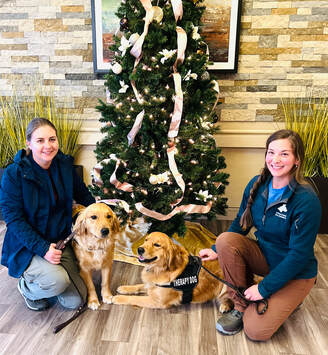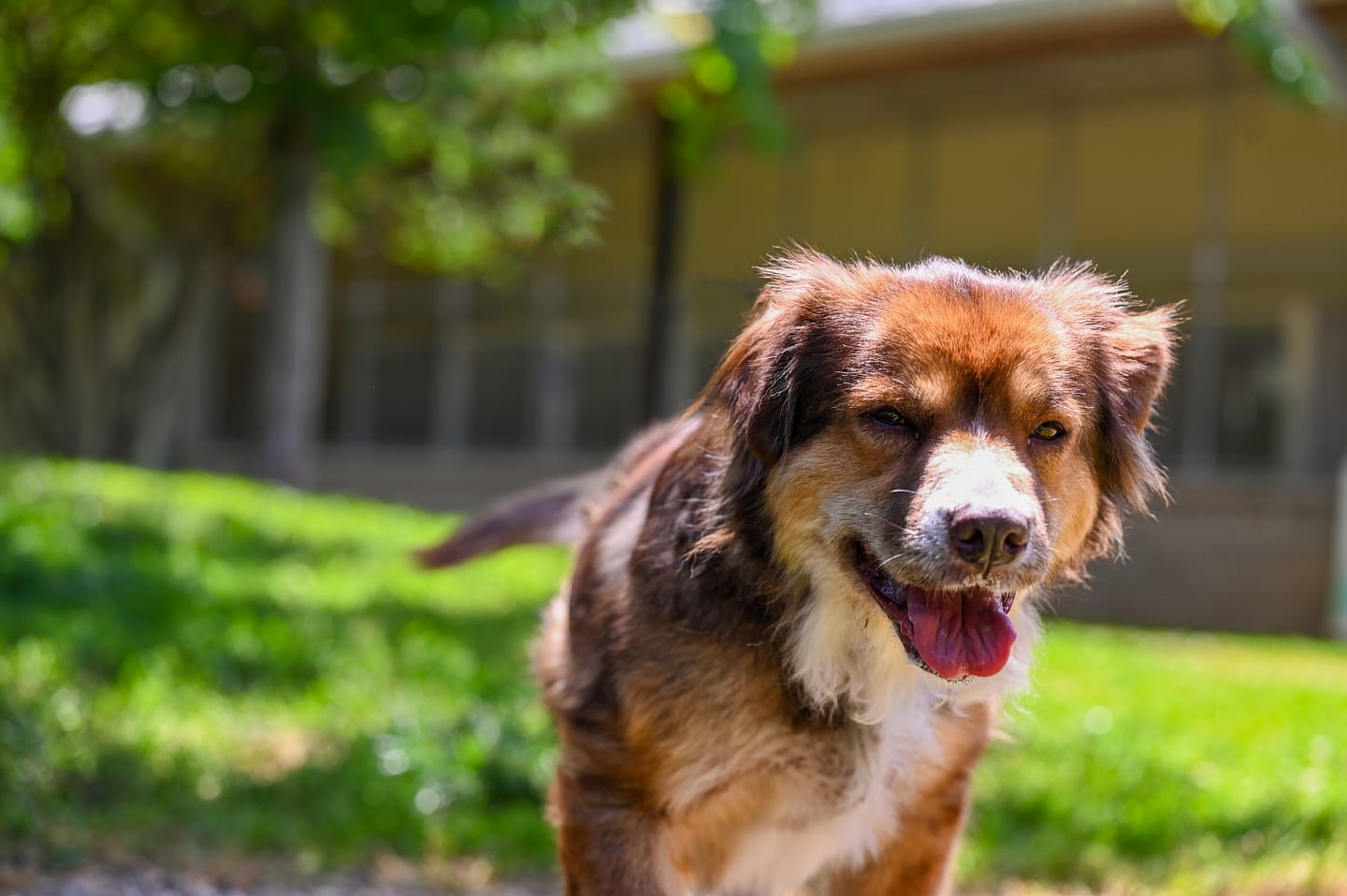The Benefits of Early Dog Training for a Mannerly Animal
The Benefits of Early Dog Training for a Mannerly Animal
Blog Article
Necessary Tips for Effective Dog Training: An Overview for Family Pet Owners
Effective dog training is a diverse process that needs a tactical technique tailored to both the pet dog's character and the owner's goals. Trick elements such as developing consistent commands, using positive support, and facilitating very early socializing play crucial functions in cultivating a well-adjusted canine friend. Nonetheless, many pet dog owners come across difficulties that can hinder development, bring about frustration and uncertainty. Understanding how to navigate these barriers can considerably improve the training experience, eventually transforming the partnership in between proprietor and canine. What are the important strategies that can be employed to make sure success in this undertaking?
Comprehending Canine Behavior
Recognizing pet habits is essential for reliable training and promoting a harmonious partnership in between canines and their proprietors. dog training. Pets communicate mainly through body language, articulations, and activities, making it critical for proprietors to translate these signals accurately.
Socializing plays a substantial function in pet habits; direct exposure to various atmospheres, people, and various other pets can considerably influence a canine's character. Furthermore, factors such as type features and private personality must direct training approaches, as some breeds might have specific behavioral characteristics that demand customized approaches. By recognizing these elements, owners can produce an encouraging setting that motivates positive habits, causing effective training outcomes and a deeper bond with their animals.
Establishing Consistent Commands
Efficient interaction with your pet dog starts with establishing consistent commands. This fundamental component of training is important for fostering understanding in between you and your pet dog. Consistency in the commands you make use of makes sure that your canine can accurately connect specific words or expressions with the wanted behaviors.
When choosing commands, choose clear, distinctive words that are very easy to separate and say from each other. Prevent utilizing similar-sounding commands that may perplex your dog. As an example, utilizing "rest" and "stay" is ideal, however "sit" and "hit" might cause misunderstandings.
Furthermore, maintain the exact same tone and volume for each command. Canines are sensitive to singing hints, so differing your tone can produce complication.
It is just as important to ensure that all household members are on the very same page pertaining to the commands used. A united front in command use will certainly avoid combined signals and reinforce the knowing procedure.
Positive Support Techniques
The power of positive reinforcement in dog training hinges on its capacity to motivate preferred actions with rewards and appreciation. This strategy is grounded in the principle that behaviors complied with by desirable results are more probable to be duplicated. By integrating positive reinforcement into your training routine, you can effectively shape your pet dog's actions in a useful fashion.
To carry out positive reinforcement, it's important to identify what motivates your pet dog, whether it be deals with, playthings, or spoken praise. When your pet does a preferred action, such as resting on command, immediately compensate them with a treat or love. This association in between the command and the positive result enhances their understanding.
It's important to timing the incentives correctly; providing the reinforcement within secs of the desired behavior aids your canine make the connection (dog training). Furthermore, consistency is essential-- make sure that all member of the family make use of the same commands and benefit systems to stay clear of complication

Progressively, you can lower the frequency of treats as your dog finds out the behavior, transitioning to applaud or periodic benefits. This technique not just promotes a strong bond in between you and your canine however likewise promotes a favorable understanding atmosphere, making training a satisfying experience for both.
Socialization and Communication
Constantly subjecting your pet to a selection of environments, people, and various other pets is crucial for their social growth. Socialization ought to start early, ideally during the critical window of 3 to 14 weeks, when pups are most responsive to brand-new experiences. However, older pets can also take advantage of continuous socializing initiatives.
Introduce your pet to various setups, such as go to website parks, pet-friendly stores, and urban areas. This exposure assists them adapt to various stimuli, lowering anxiety and concern actions. Motivate favorable interactions with other pet dogs and individuals, making sure that these encounters are regulated and safe to promote self-confidence.
Make use of organized playdates with genteel canines, as this can boost your dog's social skills and teach them appropriate actions. Obedience classes and training sessions additionally offer superb possibilities for socializing, enabling your dog to communicate with others in a monitored environment.
Screen your canine's body movement during interactions, as this will certainly aid you evaluate their convenience level. Progressively enhance exposure to even more challenging situations while making certain that each experience is positive. A well-socialized dog is more probable to display well balanced actions, making them a delight to have in any setting.
Dealing With Usual Training Obstacles
Every pet proprietor will encounter training difficulties at some time, despite their pet's age or socialization degree. Recognizing typical issues such as stubbornness, interruptions, and terror can help in developing reliable techniques for renovation.

Gradually present disturbances as the pet ends up being extra competent in commands. Short, regular training sessions are also effective in maintaining interest.
Terror can prevent a pet dog's understanding procedure. Progressive desensitization to the resource over at this website of anxiety, coupled with favorable reinforcement, can help alleviate anxiety. Patience is crucial; never ever force a canine into a situation that causes distress, as this may aggravate the problem.
Ultimately, understanding and resolving these common obstacles with an organized strategy will certainly foster a more productive training experience, enhancing the bond in between pet and proprietor while promoting effective understanding.
Final Thought
In recap, successful canine training counts on a comprehensive understanding of canine habits, the establishment of consistent commands, and the application of favorable reinforcement techniques. Socializing plays a vital duty in creating well-adjusted pet dogs, while dealing with usual training obstacles requires patience and flexibility. By executing these necessary approaches, pet dog owners can cultivate a solid bond with their pets and advertise preferable actions, ultimately bring about a harmonious partnership in between people and their canine friends.
Comprehending canine habits is important for efficient training and cultivating an unified partnership between canines and their owners.Socialization plays a substantial duty in pet dog habits; exposure to different atmospheres, people, and other animals can dramatically impact a pet dog's character.The power of positive support in dog training exists in its ability to urge wanted habits through benefits and praise. By incorporating positive reinforcement into your training regimen, you can effectively form your pet dog's habits in a try this web-site constructive manner.
In recap, effective canine training counts on an extensive understanding of canine habits, the establishment of regular commands, and the application of positive reinforcement techniques.
Report this page